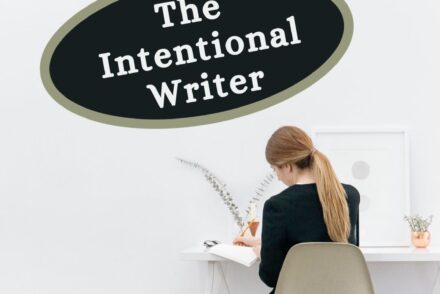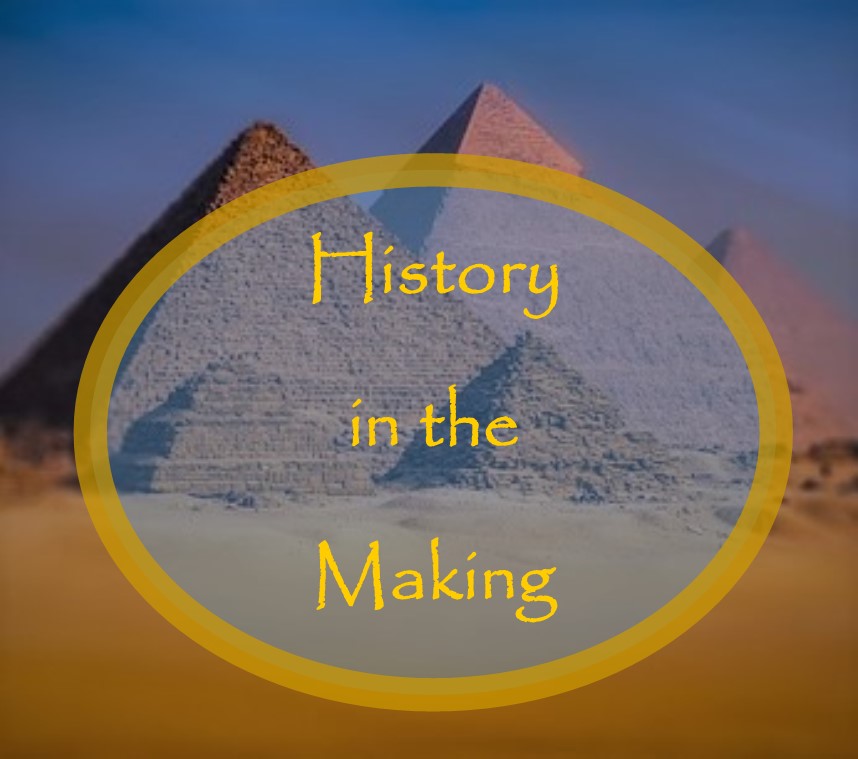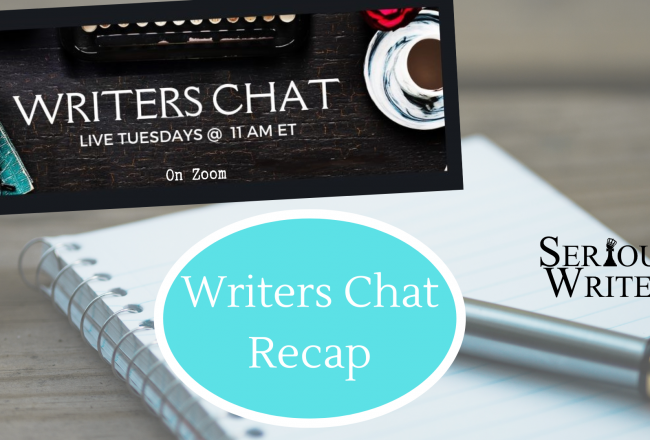
Award-Winning Author Interview with Terry Overton
Can you share a little about your recent book? The Journey, book five of The Underground Book Readers, was…
January 2, 2024
Can you share a little about your recent book? The Journey, book five of The Underground Book Readers, was…
January 2, 2024
Writers Chat, hosted by Johnnie Alexander, Brandy Brow, and Melissa Stroh, is the show where we talk about all…
December 30, 2023
As I write this post, soldiers from a local Army base are departing for a time of R&R and…
December 29, 2023
It’s the end of December, and for me, that means it’s time to pull out a fresh, ginormous, old-fashioned…
December 27, 2023
“Let all bitterness, wrath, anger, clamor, and evil speaking be put away from you, with all malice. And be…
December 26, 2023
As the writer of the proposal (and eventually the book), it is your responsibility—not the editor’s or publisher’s—to create…
December 25, 2023
Did you know you had a personal brand? It’s not just for writers or entertainers or politicians. Every person…
December 23, 2023
As a writer, you probably didn’t give much thought to branding and marketing when you wrote your first book…
December 14, 2023
Nothing beats the thrill of writing the opening paragraph of your next novel or the first stanza of a…
December 13, 2023
Last month I shared Email #1 of my 4-part Welcome email series example. Here are the remaining 3 emails…
December 12, 2023
The press, the marketers, and the bookstores all clamoring for autographs and first-day Amazon rankings! Then “NEW” is over.…
December 8, 2023
Storytelling has the power to touch people deep in their souls. I should know, as I have experienced the…
December 6, 2023
He who knows the way that I take; when he has tested me I shall come forth as gold.…
December 3, 2023
How long have you been writing? I wrote a 15,000-word story before attending my first small writing conference in…
December 2, 2023
Writers Chat, hosted by Johnnie Alexander, Brandy Brow, and Melissa Stroh, is the show where we talk about all…
November 30, 2023
As I write, the holiday season has begun and most people are spending time with friends and family. The…
November 29, 2023
I’ve been working on a story, and was a bit concerned my ending felt contrived. In my critique group,…
November 27, 2023
After reviewing countless book proposals, you would be shocked at the large number of authors who include a competition…
November 25, 2023
If you hope to pitch a book to a publisher, especially a non-fiction book, you will need to write…
November 24, 2023
Making your hero and heroine relatable is key to creating characters your readers will care about, will laugh with,…
November 23, 2023
Searching for some fun details or a bit of drama to slip into your next fictional piece? Well, pull…
November 22, 2023
Writers Chat, hosted by Johnnie Alexander, Brandy Brow, and Melissa Stroh, is the show where we talk about all…
November 18, 2023
As we near the end of the year, my thoughts turn to finishing the year strong. Where can I…
November 17, 2023
It’s happened to all of us. The dreaded b l o c k. It’s the intersection of panic and…
November 16, 2023
When a new subscriber signs up for a Lead Magnet (those 3–10-page free resources we offer in exchange for…
November 12, 2023
